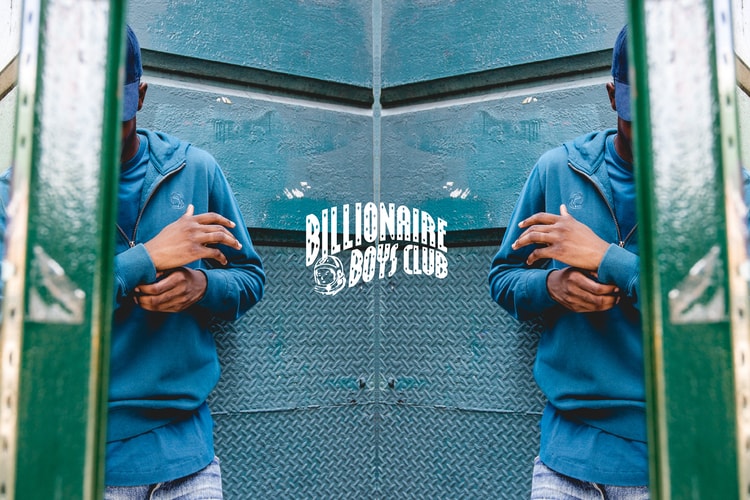Could Universal Sue Frank Ocean?
What effect will Frank Ocean’s recent strategy have on the future of music?
Frank Ocean‘s latest projects have garnered near-universal acclaim and adoration from critics and Twitter users alike, but it looks like there might be some controversy brewing. Yesterday, it was revealed that Frank Ocean’s initial album from last week, Endless, fulfilled his contractual obligations to Universal and allowed him to release his Blonde LP as an independent piece. Already, many outlets are reporting that this move contributed to Universal Music Group’s newly-revealed streaming ban. Further adding fuel to the fire, some have begun speculating about the legal ramifications of Frank’s decisions. In a new piece for Billboard, Dan Rys writes:
But to release another full-length, fully-realized album outside the label’s purview just 24-hours later is controversial, to say the least, and a source tells Billboard that while UMG hasn’t taken any legal action against Ocean or his team — yet — the label group may have grounds to do so.
For one, many record contracts are based on minimum-delivery clauses, meaning that if Ocean’s deal was just for two albums, he typically would have had to deliver them within a set time frame, and at a label-acceptable level of quality, in order to fulfill his contract. In addition, most recording contracts stipulate that a window of time during which an artist can’t release music on any other label, so as not to compete with the current project — in this case, DefJam’s Endless. By delivering Blond within just 24 hours, it raises the question of whether Universal even knew it was coming — and what they could have done about it regardless.
On another interesting note, Rys offers this insight regarding recent strategies from popular independent artists: “it raises the question of how important a record label is at all in 2016, as services offer marketing and advance money that a label would otherwise provide.”

























